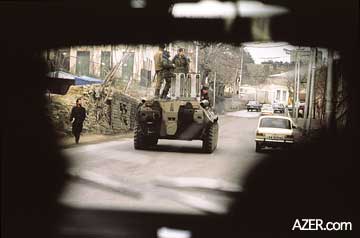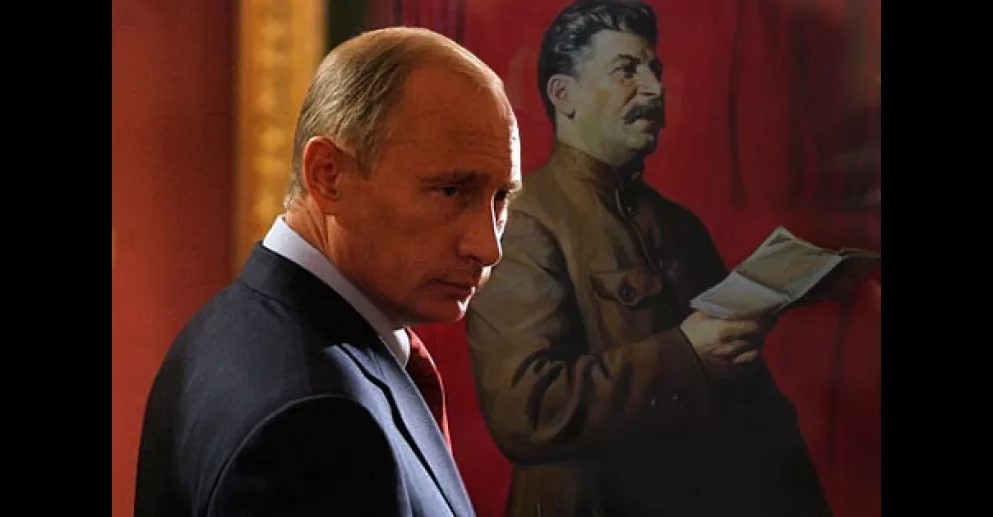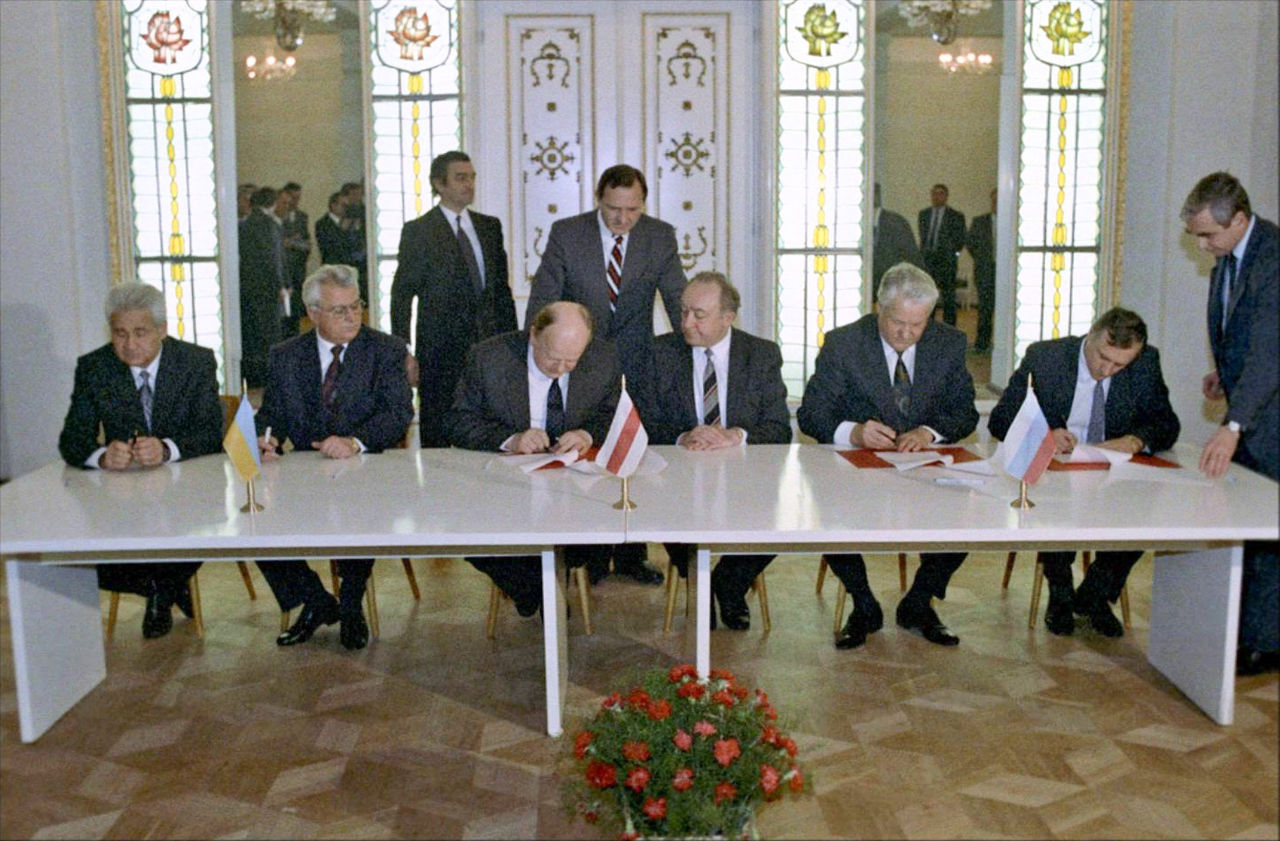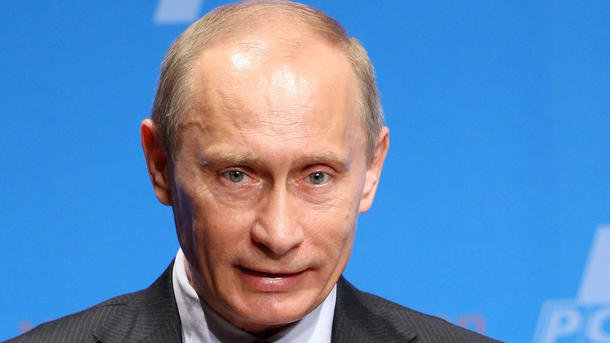Paul Goble, originally on Window on Eurasia
Staunton, April 28 – Vladimir Putin’s moves against Ukraine are part of his larger plan not only to restore a country with the borders of the USSR but also to re-establish Moscow’s dominance in Eastern Europe and in Asia, according to Vitaly Portnikov in a comment to Gordunua.com.
Putin clearly wants to occupy “all of Ukraine, Kaakhstan, Moldova, Belarus and the other former Soviet republics, Portnikov wrote yesterday, but that is only is “minimum program.” If he achieves that, he and his supporters plan to seek a return to the post-Yalta arrangements in Eastern Europe and, working with China, to restore Moscow’s influence in Asia as well (gordonua.com/news/politics/Portnikov-Vosstanovlenie-SSSR-programma-minimum-Putina-dalshe-on-dvinetsya-v-centralnuyu-Evropu-20101.html).
The Kremlin leader has not yet taken any final decision on how to realize his grandiose plans, the journalist says, because there is “a struggle going on” between what may be called “the hawks” and “the doves” of Moscow. The former believe that Russia must achieve recognition of super-power status by any means and that Putin’s regime will not suffer from Western action.
The latter, in contrast, are convinced that before any steps are taken, the Russian government needs to evaluate possible threats both internal and external to the regime. These “doves” recognize, Portnikov says, that conditions inside Russia are developing in ways that may not leave “one stone on another” of Putin’s political edifice.
It is this struggle between hawks and doves rather than a calculated strategy of good cop-bad cop that explains the sometimes “contradictory” statements coming out of the Kremlin, the journalist continues.
Moreover, he says, “Putin is only creating the appearance that he took a decision relative to Ukraine long ago. In fact, he has his doubts and is acting on the principle of two steps forward, one step back. This is his psychology. He is not a military man but a special services office. Such people always act very carefully,” assessing risks at each stage.
Putin is being pushed by both sides and it is not yet clear which will win. Obviously, a great deal will depend on how the West responds to what he has already done. If there are no real costs, then the Kremlin leader will move forward; if there are, then he is likely to slow down if not back off.
Portnikov says he personally “does not know” where Putin will come down and whether he will chose the victory of the insane that will entail the ensuing collapse of Russia or that of “good sense with the possibility of the preservation and modernization of the state. But he suggests that “the logic of the collapse of empire,” in which efforts to expand the empire lead to its demise, appears to be working.
And the fight between the hawks and doves in Moscow now reflects that logic. The doves believe that further aggression will lead “to the disintegration of the Russian Federation into a multitude of independent states,” while the hawks think that Russia on the basis of its own resources can despite everything “become a super-power.”





